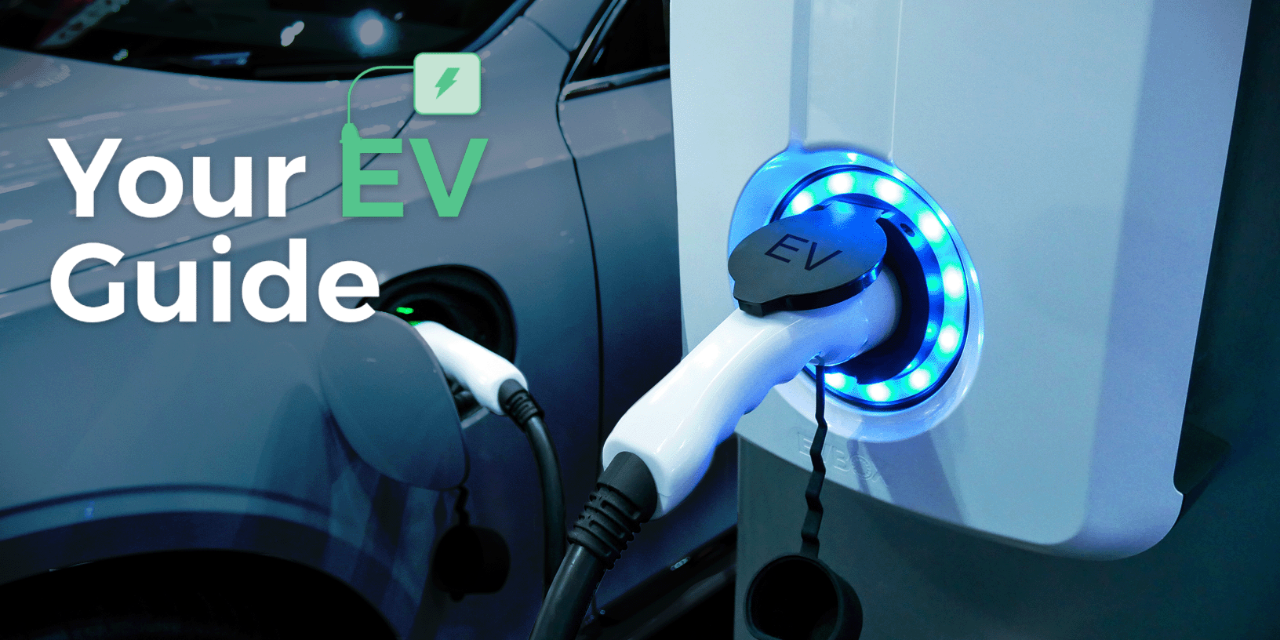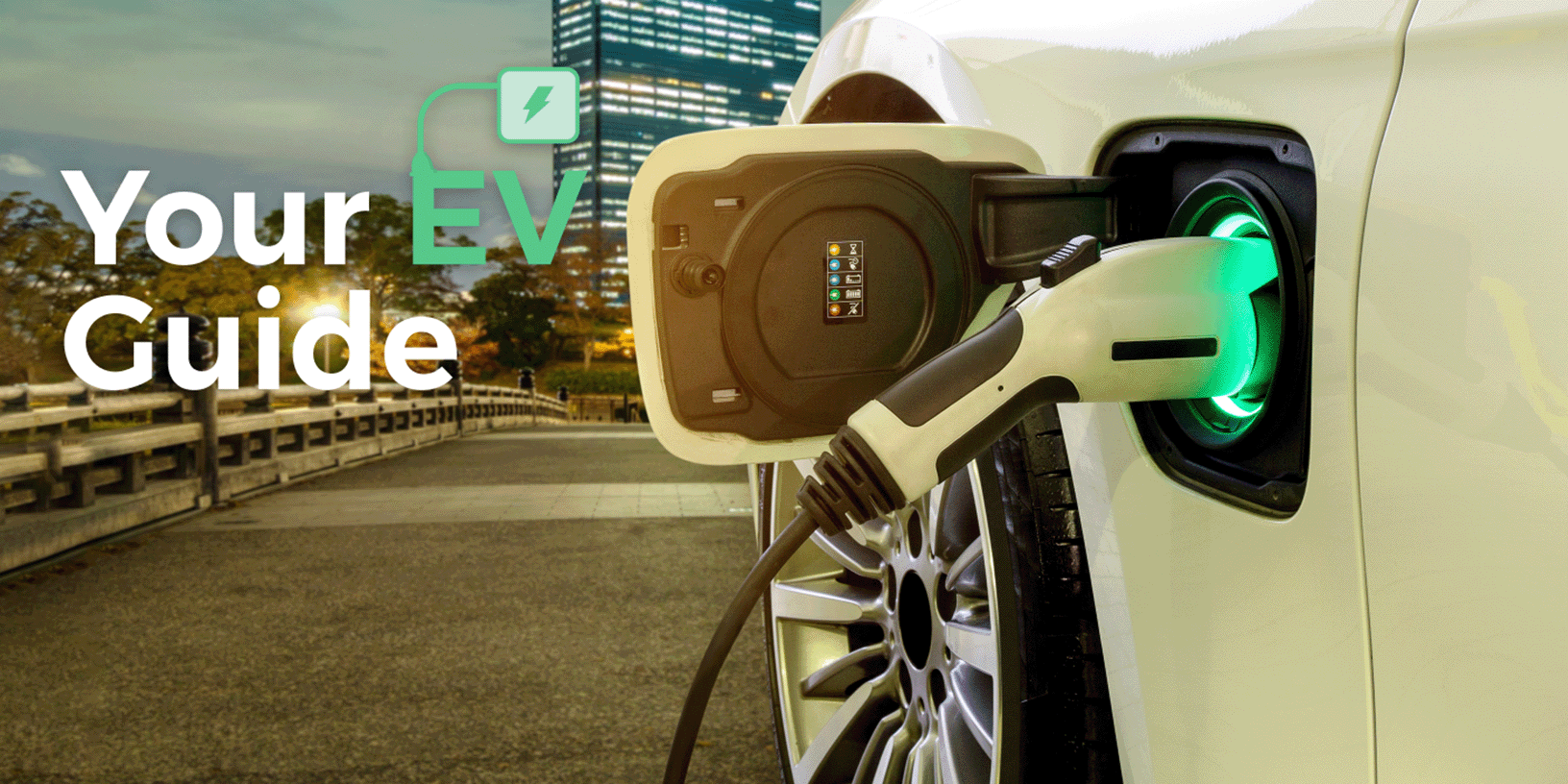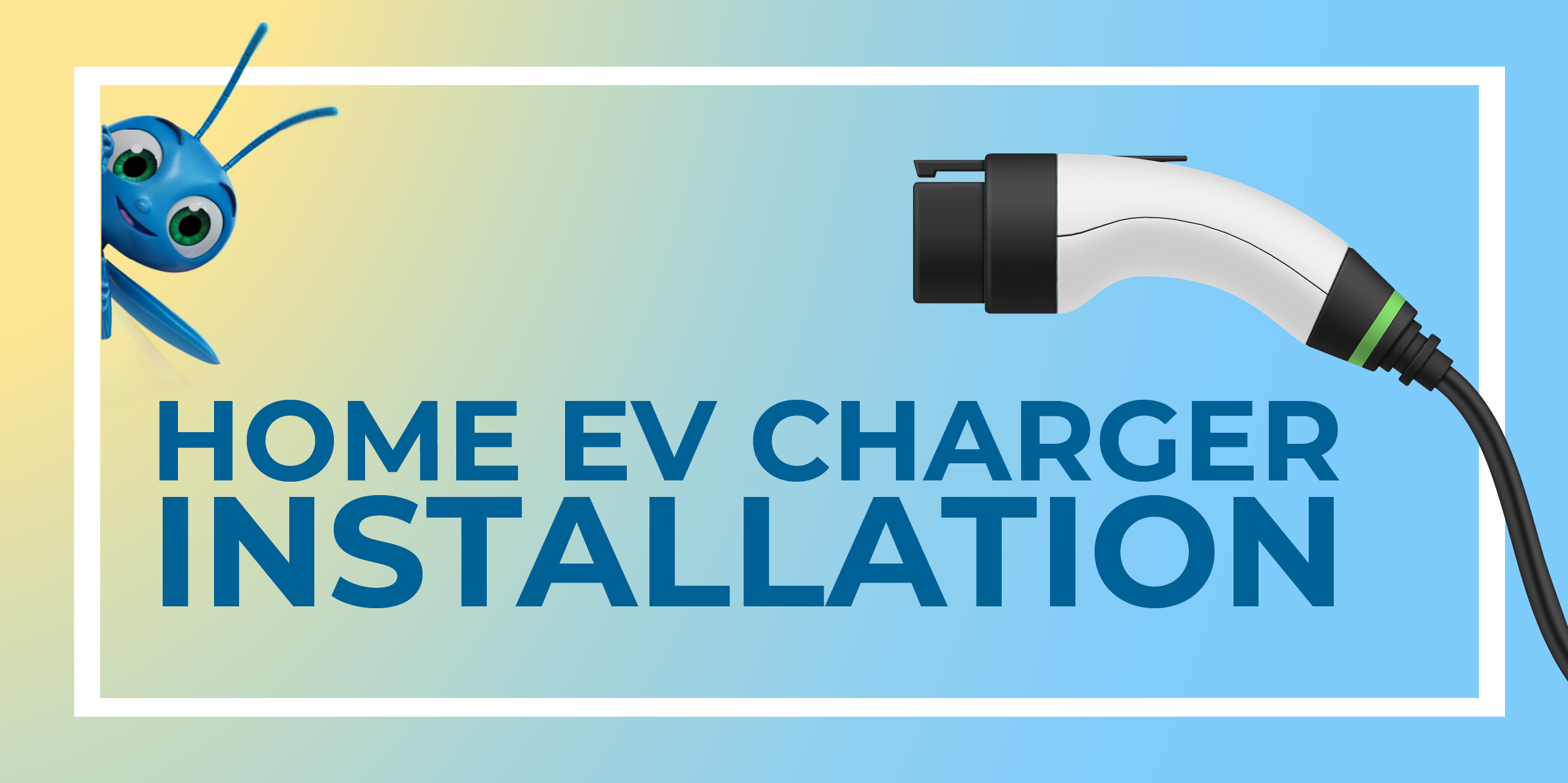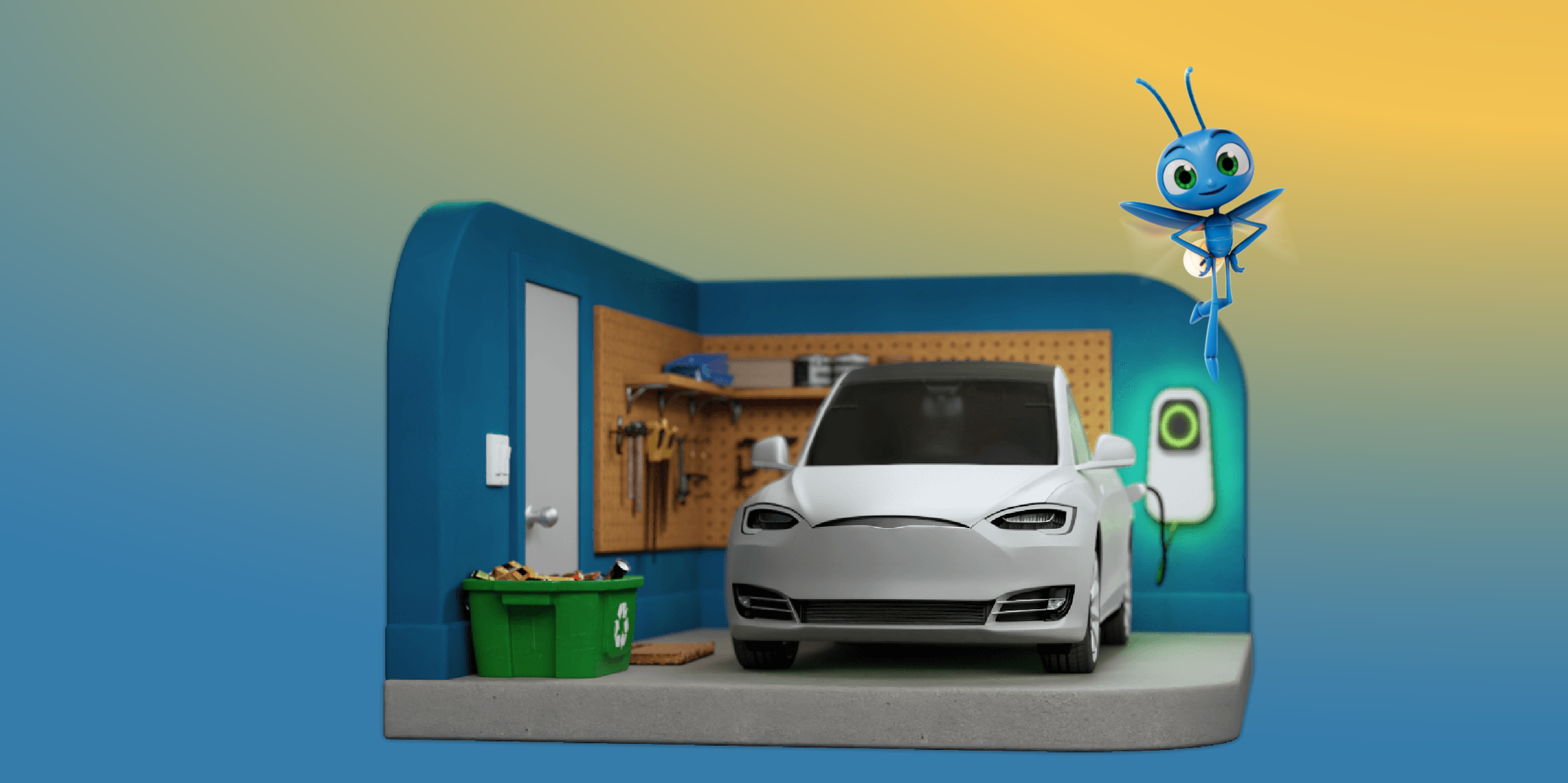Green Mountain Energy® Blog
Here’s What You Should Know About EV Chargers.



If you’re in the market for an electric vehicle (EV), consider yourself an eco-superstar! Driving an EV means reducing your second largest (next to electricity) source of carbon emissions: transportation. If you’re close to making the switch from gasoline to electric, read on for what to consider when it comes to charging stations.
Some basic EV charger information:
- There are three types of chargers, and two of them are made for your home.
- Chargers plug in to your vehicle and supply power (a charge) to the car’s electric battery.
- Charging can take anywhere from 30 minutes to more than 8 hours.
- Charging time depends on your battery type, charging speed, how much of a charge your vehicle needs and the type of electric vehicle supply equipment located on the chargers.
Level 1
A level 1 charger comes with all electric vehicles. It’s a seamless installation process and doesn’t require anything special. It simply plugs into a standard 120-volt wall outlet and is ready to go. It’s like a heavy-duty extension cord plugging into your car. Its main benefit is that you don’t need a professional for installation. Even though it only provides about 5 miles of range for every hour the car is plugged in, the level 1 charger is sufficient for many drivers since the battery can be charged overnight.
Level 2
A level 2 charger uses 240 volts, mounts on the wall and charges 4 times faster than the level 1 charger (so, about 20 miles of range for every hour the car is plugged in). It tends to be more convenient because of the faster charging time; plus, it can increase your home’s resale value.
The installation process is similar to the installation process of electric dryers or ovens (which also use 240 volts). Because installation requires ground wires, a double-pole circuit breaker, 4-strand cables and possibly a new breaker box, it’s best to hire a professional electrician to install this type of charger. These costs can range from $200-$1,200, depending on the scope of work and what the electrician charges.
If you’ve been considering a residential rooftop solar system, then this might be the time to pull it all together. It’s easy to pair a level 2 charging station with a solar panel system. In fact, our residential solar offering provides this service, plus an exclusive solar rebate* to help you save thousands on installation costs for your system.
If you have to put off rooftop solar as phase 2 of living a greener lifestyle, then be sure your clean EV stays clean when it’s charging up. We support eco-enthusiasts who are living green and commuting clean with 100% clean electricity plans. The Solar All Nighter for EVs plan and the Solar with Green Mountain Driver plan are great fits for those who are plugging in to a cleaner driving landscape.
Level 3 (or DC Fast Charger)
A level 3 charger is also called a DC Fast Charger. These are not available for home installation because of the powerful and specialized equipment required — it needs 480-volt, three-phase power at 100+ amps. You’ll find DC Fast Chargers in commercial and public settings, and they live up to their name, providing electric vehicles with a charge in about 15 minutes.
For more information about the latest in the EV landscape, read our blog Make Your Next Ride Clean with an Electric Vehicle.
*Green Mountain Energy rebate amount varies by project, system size, location and availability of additional rebates. The actual average rebate is $3,275 and ranges from $500 to $5,625 (based on projects funded in 2018). To qualify, complete a solar installation with a Green Mountain installation partner, sign up for a 24-month minimum term on the Renewable Rewards buyback plan, and sign and submit a Green Mountain Solar Rebate Agreement, agreeing to provide feedback on the installation experience. If eligible, customer will receive the SolarSPARC rebate within 30 days of submitting a completed rebate request, including verification of completed solar installation. The SolarSPARC rebate is offered at the discretion of Green Mountain and may be stopped at any time.
Choose the solar energy plan that’s perfect for your EV.
Our customers have avoided
pounds of CO2
That’s like planting
new trees.





